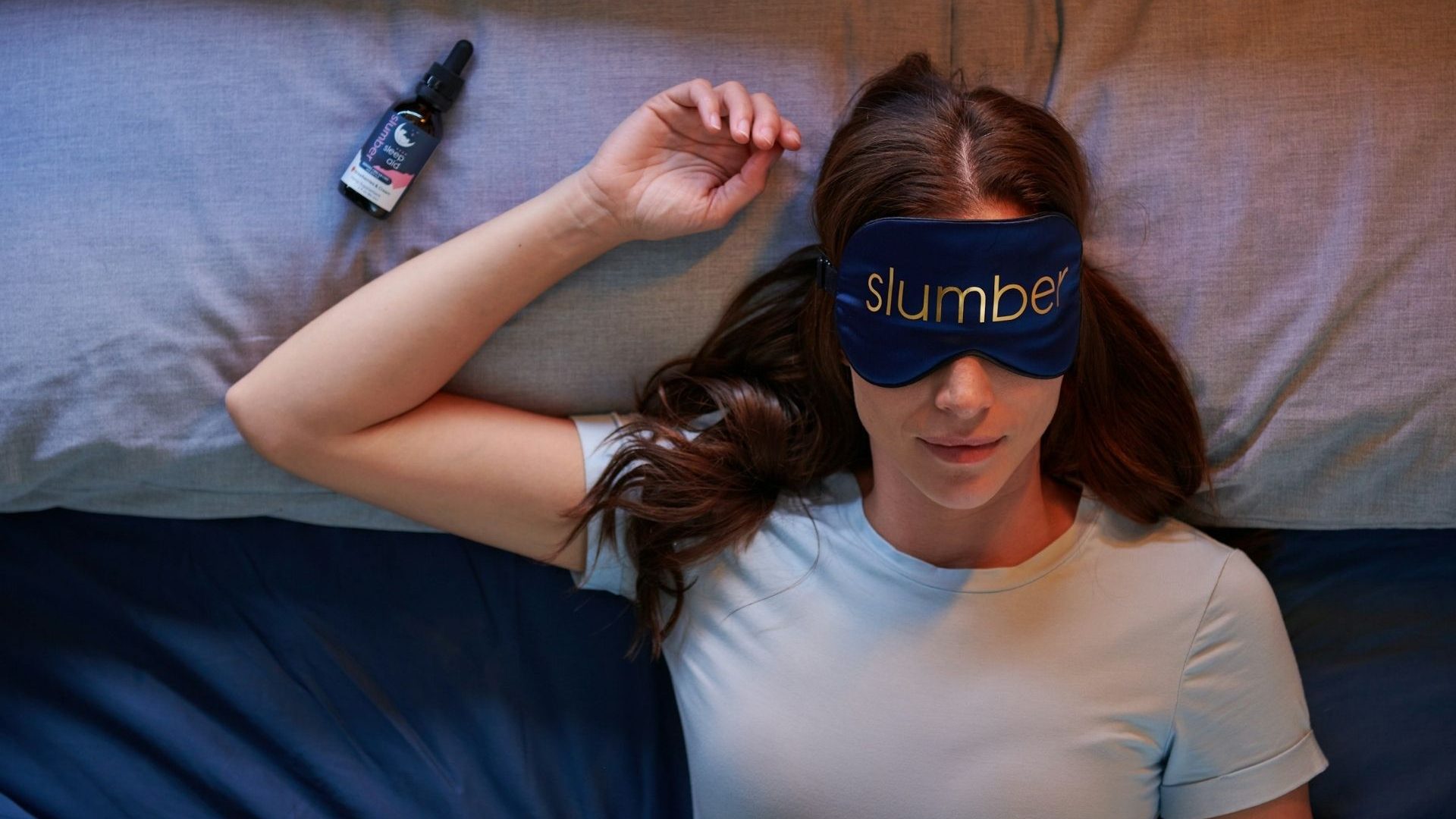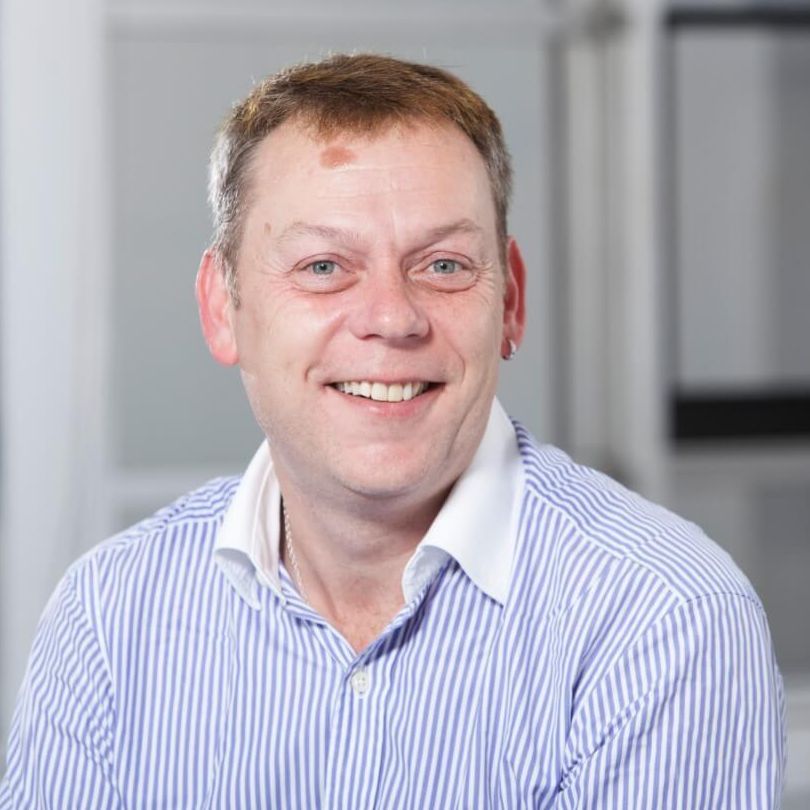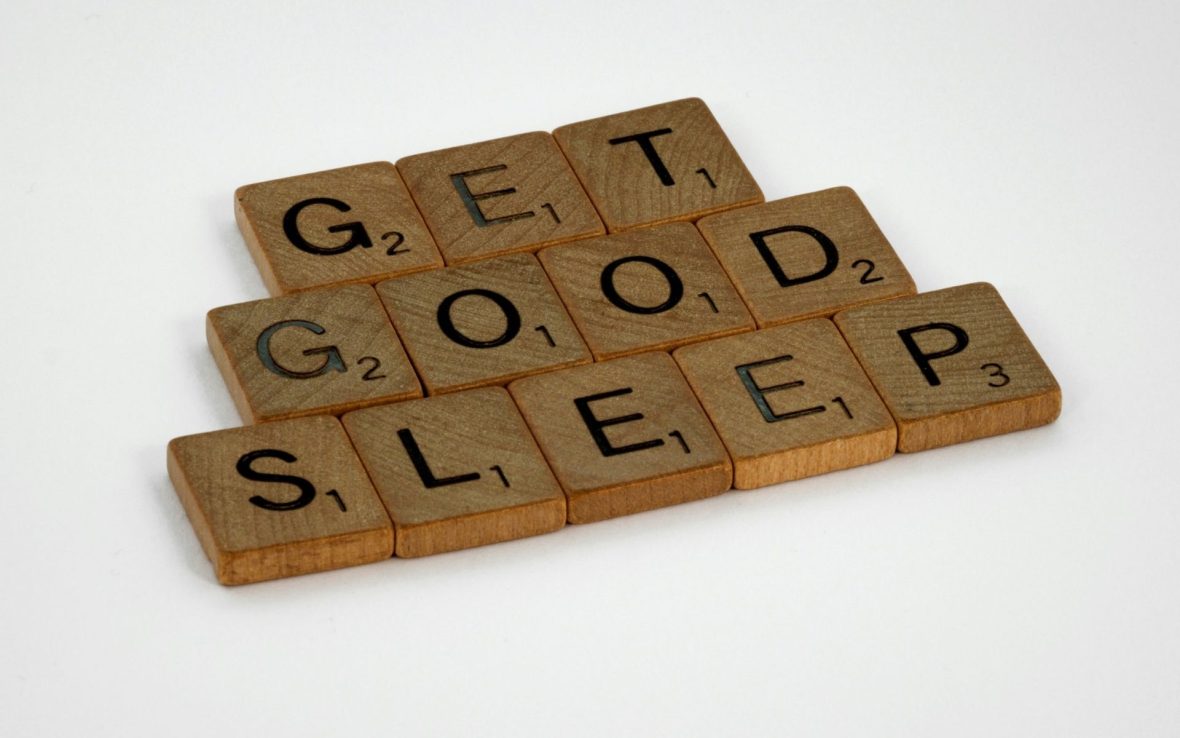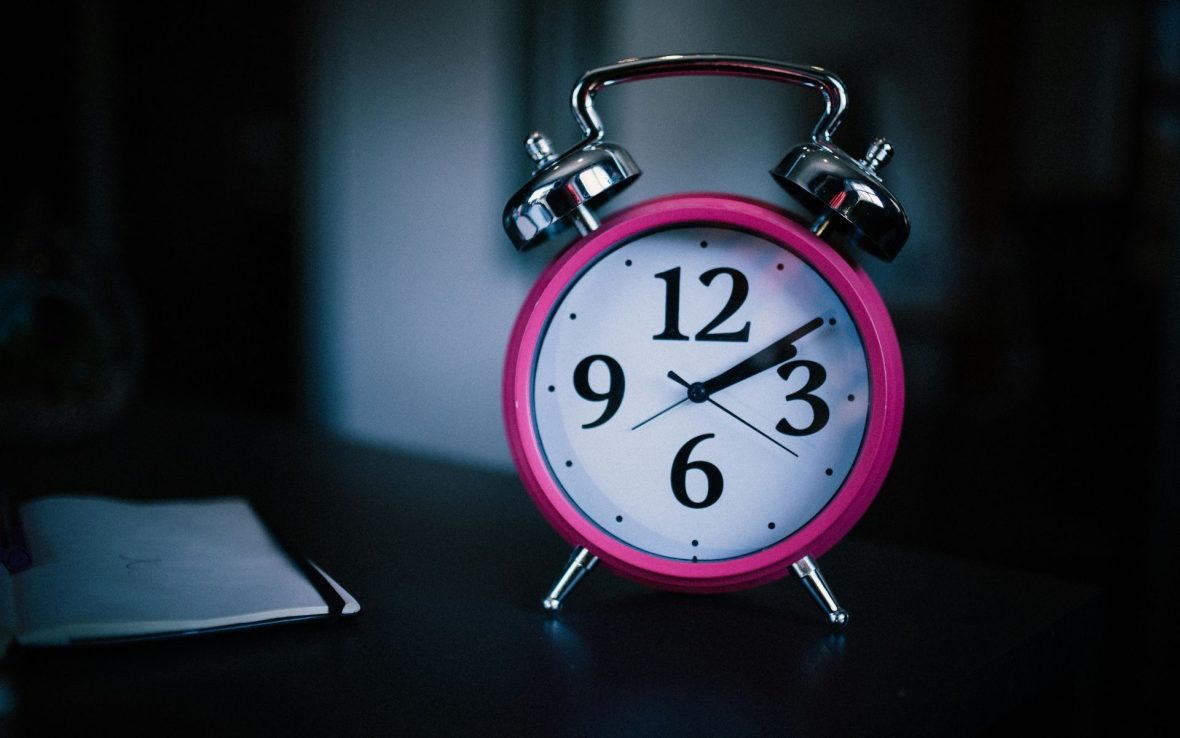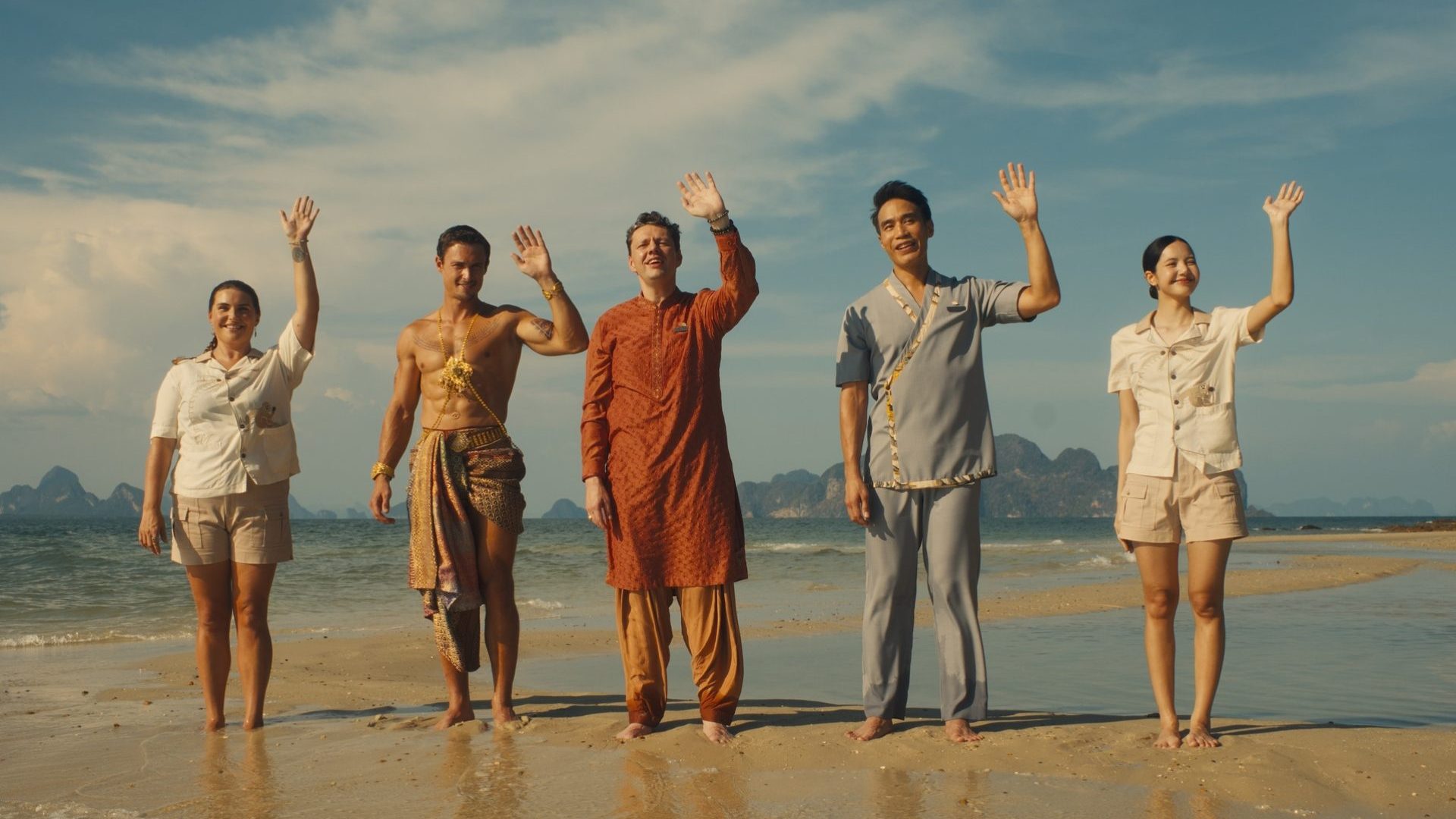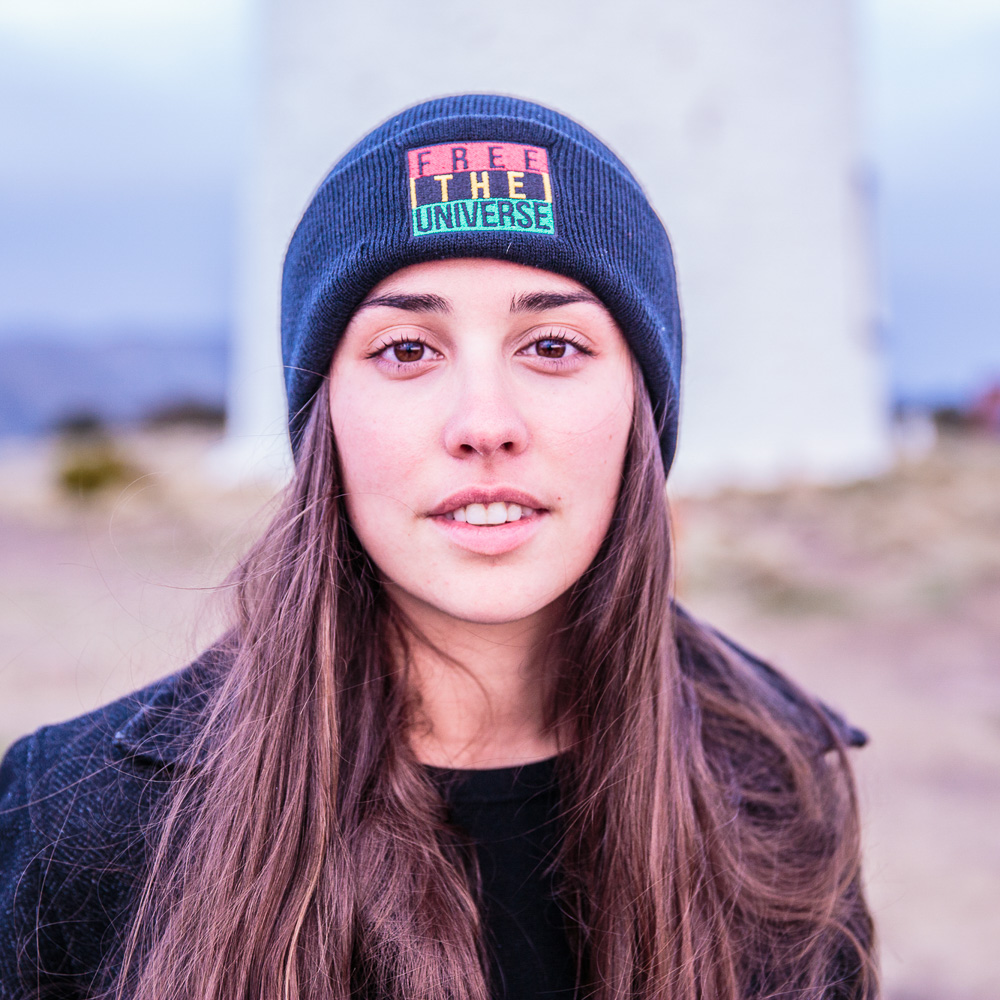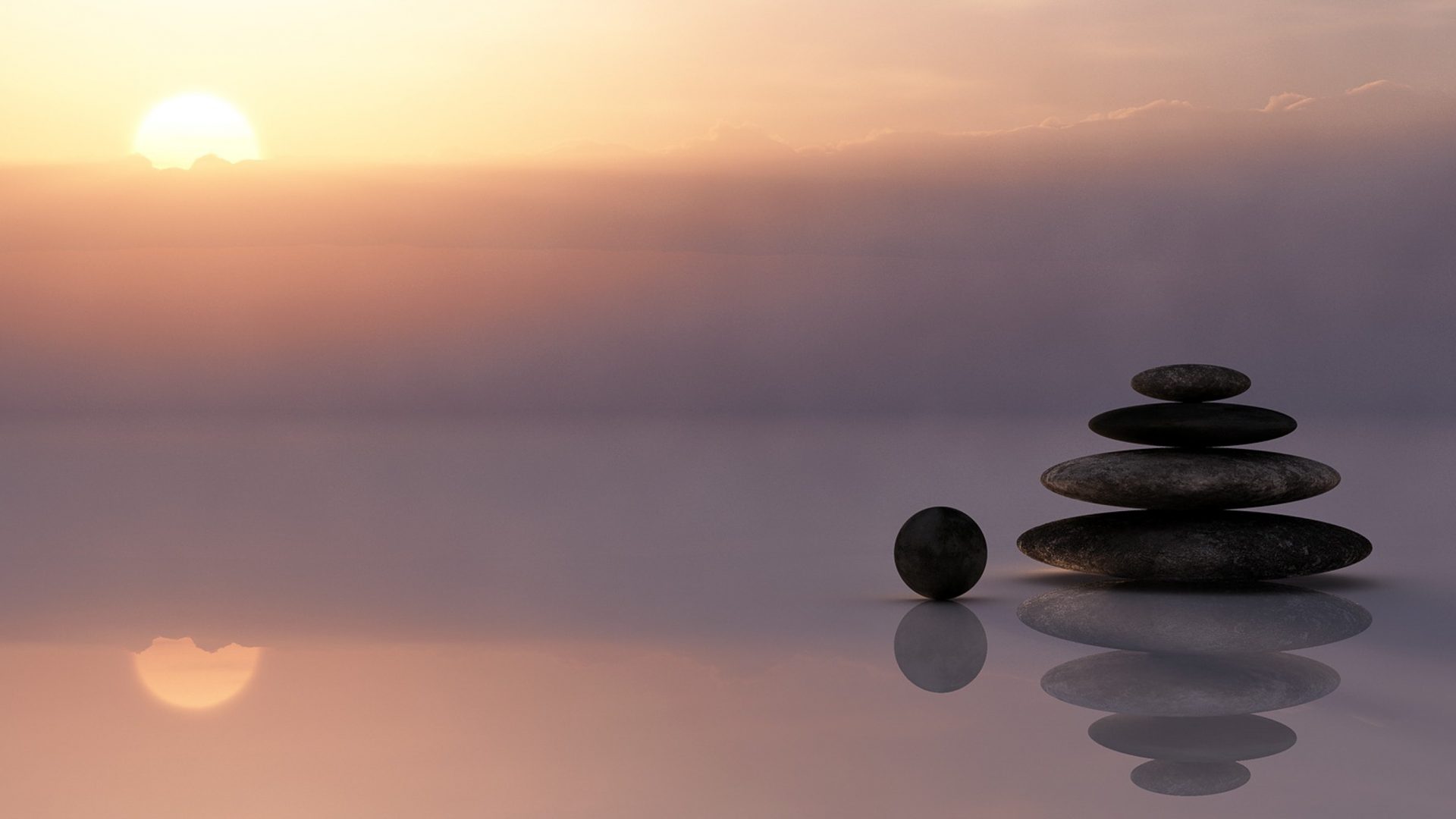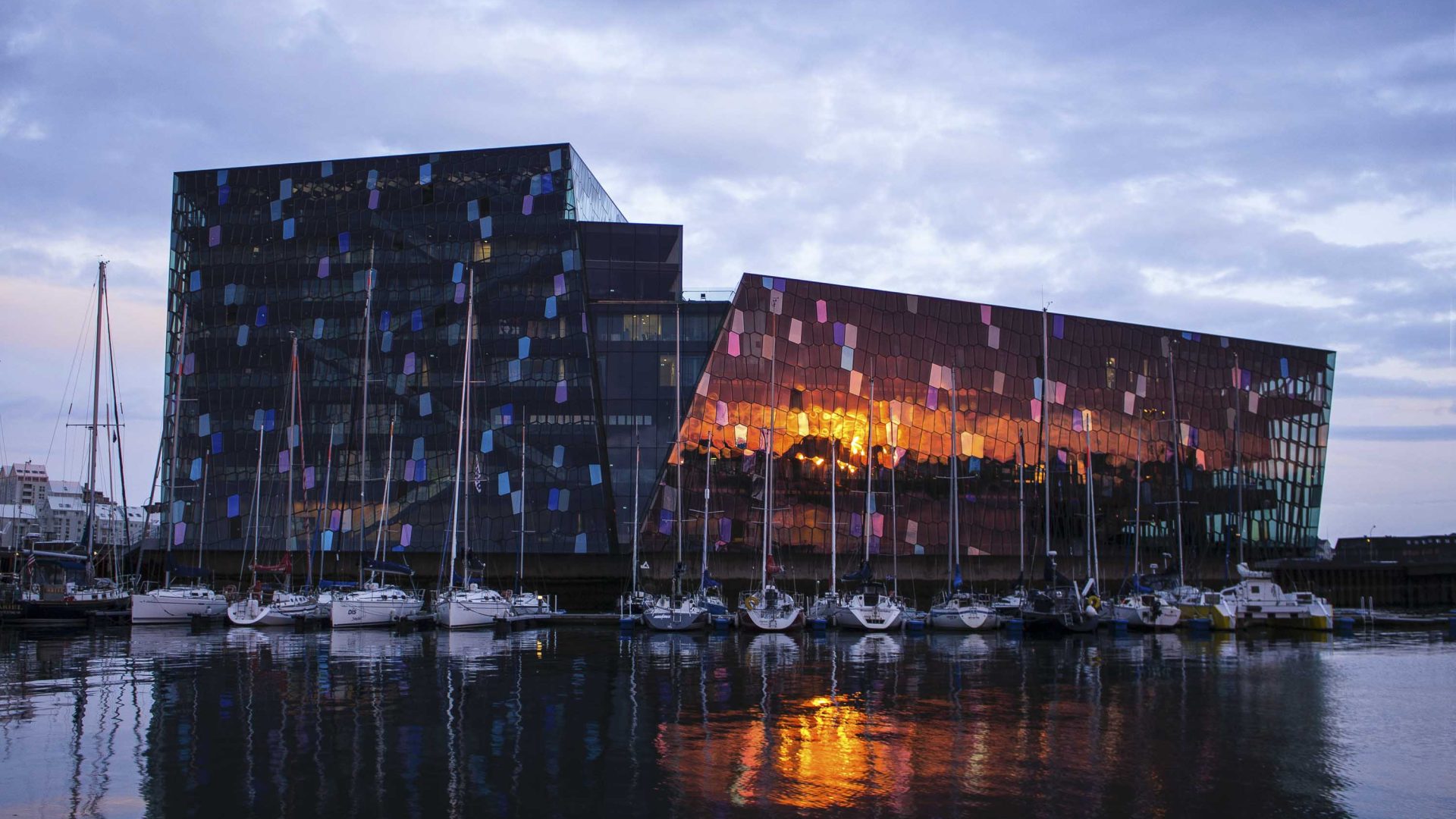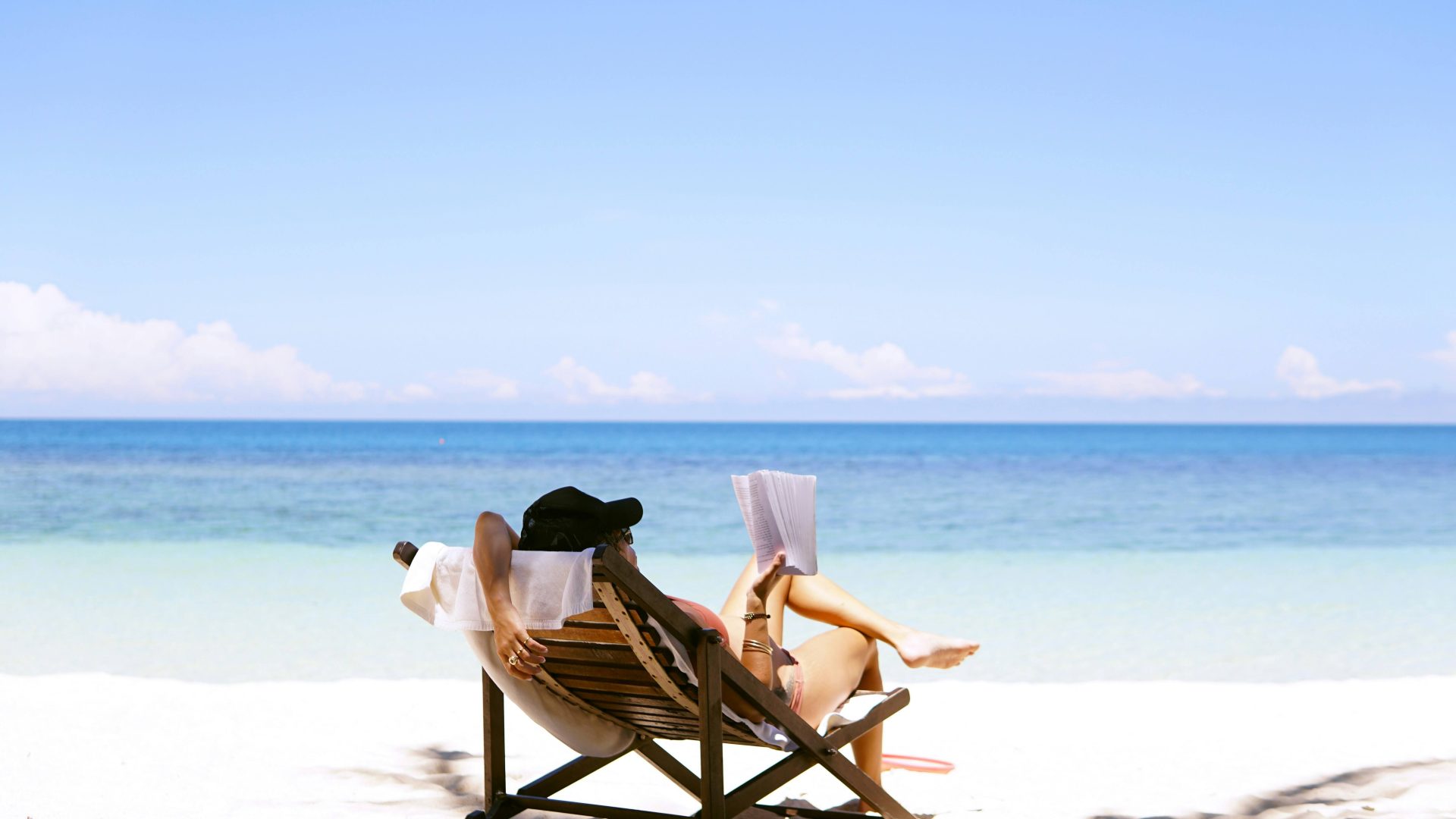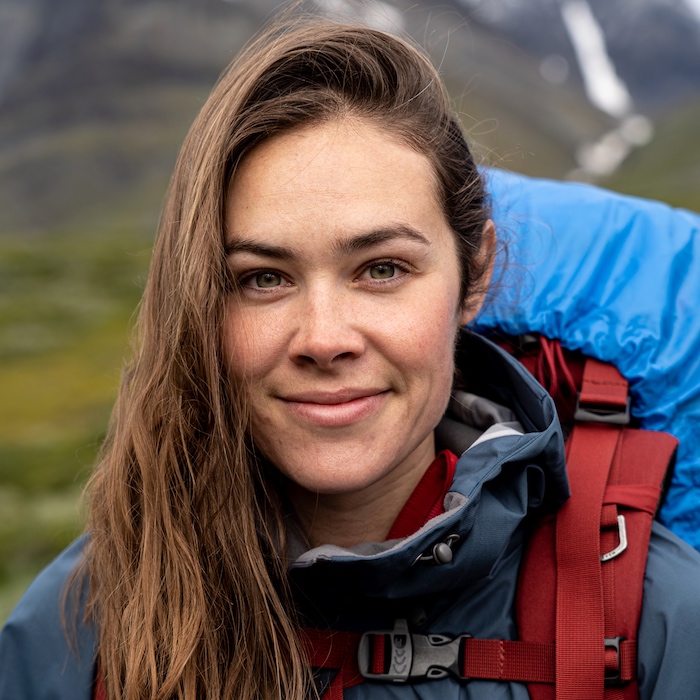As with any specialized retreat, there is no set formula for what a sleep retreat should focus on. As such, the range of what is available is incredibly variable, from retreats that just focus on a sleep-friendly environment (a cool, dark, quiet and comfortable bedroom in a luxurious location) to ones specifically aimed at managing a specific sleep disorder, using evidence-based therapies, such as cognitive behavioral therapy for insomnia.
There are even ones that provide, among other things, a regimen of vitamins and minerals delivered intravenously. Most, however, fall somewhere between focusing on meditation, exercise and relaxation.
Although there is good evidence that exercise, at the right intensity and duration, can be beneficial for sleep, it is unlikely that a lack of exercise alone causes poor sleep. Similarly, there is some, albeit poor quality, evidence that meditation and relaxation improve sleep quality. As such, it is unlikely that these treatments alone will fix a sleep problem.
The main challenge is that sleep, as with diet or exercise, is just an overarching term for a complex behavior, one that is influenced and can influence almost every area of a person’s life. For example, I am hearing a lot about supplementing with magnesium to aid sleep, but this is only likely to be beneficial if you are deficient in the first place.
